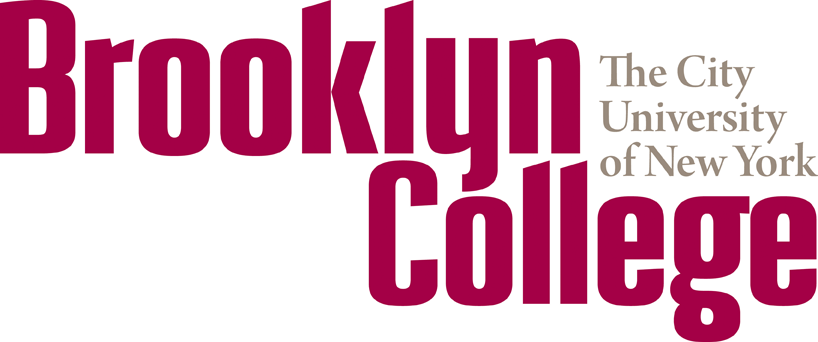
Publications and Research
Document Type
Article
Publication Date
8-10-2021
Abstract
A fundamental assumption of learning theories is that the credit assigned to predictive cues is not simply determined by their probability of reinforcement, but by their ability to compete with other cues present during learning. This assumption has guided behavioral and neural science research for decades, and tremendous empirical and theoretical advances have been made identifying the mechanisms of cue competition. However, when learning conditions are not optimal (e.g., when training is massed), cue competition is attenuated. This failure of the learning system exposes the individual’s vulnerability to form spurious associations in the real world. Here, we uncover that cue competition in rats can be rescued when conditions are suboptimal provided that the individual has agency over the learning experience. Our findings reveal a new effect of agency over learning on credit assignment among predictive cues, and open new avenues of investigation into the underlying mechanisms.

Comments
This work was originally published in Scientific Reports, available at https://doi.org/10.1038/s41598-021-95541-2
This article is licensed under a Creative Commons Attribution 4.0 International License.